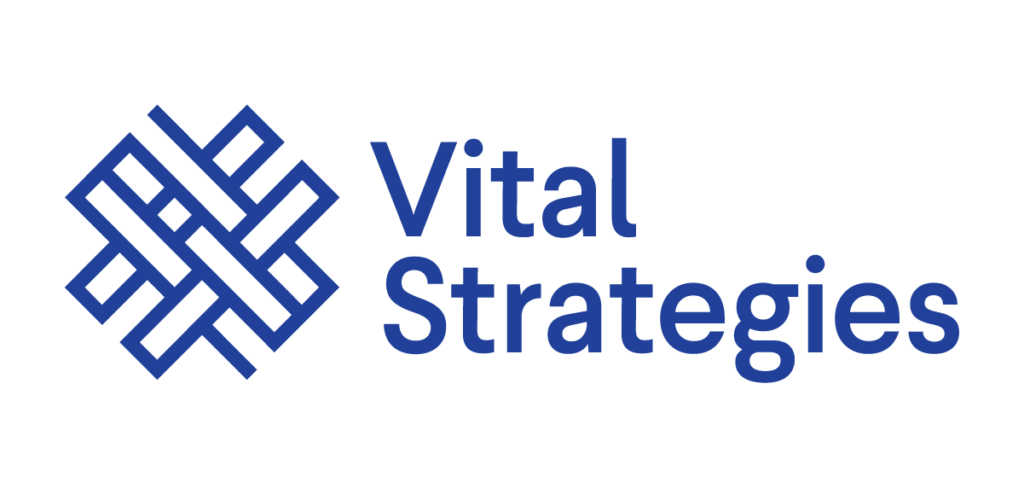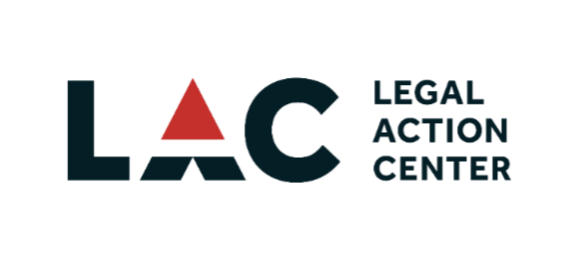

New York, NY –Individuals who use substances and/or have a diagnosable substance use disorder are often stigmatized, discriminated against, and criminalized. Not only does this pose risk to peoples’ health, discrimination based on a substance use disorder (SUD) is illegal under federal anti-discrimination laws. To fight such discrimination, the newly launched Legal Help for People Who Use(d) Drugs portal was developed by the Legal Action Center and funded in part by public health organization Vital Strategies.
People who use drugs or alcohol or have SUD frequently face discrimination in employment, health, housing, and the criminal legal and family regulation (child welfare) systems. For instance, people who need surgery are often denied health care because of stigma toward their substance use. Similarly, individuals who take doctor-prescribed buprenorphine or methadone as medication to treat opioid use disorder (MOUD) are often denied admission to recovery homes and skilled nursing facilities. People who take MOUD are often given ultimatums by courts or government agencies to stop taking their doctor-prescribed MOUD or face incarceration, loss of parental rights, and other punitive measures. In the Annals of Internal Medicine, LAC attorneys along with physicians from Yale Medicine, Boston Medical Center, and UW Medicine recently noted the urgency of ending opioid use disorder-based discrimination among the medical community, and highlighted the legal liability skilled nursing facilities face when engaging in such discrimination.
Through LAC’s portal, directly-impacted people, as well as advocates fighting on their behalf, can find supportive resources. This includes Be Empow(ER)ed! which equips individuals with information about steps to take when they don’t receive care they are entitled to in hospital emergency rooms, and Legal Advocacy Guide to Protect Health Care Access for People who Use(d) Drugs which offers guidance for lawyers on how best to advocate on behalf of people denied access to critical health care based on substance use. The portal also allows individuals to submit intake forms and requests for direct legal support.
Beyond the portal, this joint initiative between LAC and Vital Strategies will focus on the provision of legal services and the development of impact litigation in North Carolina and Kentucky through partnerships with Disability Rights North Carolina and Kentucky Equal Justice Center. The initiative will also provide back-up support and education to advocates in other states where Vital Strategies is working: Michigan, New Jersey, New Mexico, Wisconsin, and Pennsylvania; all of which complements work LAC is doing in New York (where LAC is based).
“Amidst the escalating overdose crisis, it is imperative that we stop stigmatizing substance use disorder and ensure people can access the lifesaving care they need, free from discrimination. Over 100,000 people died of drug overdoses in 2021 – we cannot hope to reverse this horrific trend while continuing to discriminate against and deny individuals who use or have used substances access to vital health care,” says Sally Friedman, Senior Vice President of Legal Advocacy at the Legal Action Center. “Whether through impact litigation or informal advocacy, the Legal Action Center is committed to using civil rights laws like the Americans with Disabilities Act, Rehabilitation Act of 1973, Fair Housing Act, and Title VI of the Civil Rights Act to safeguard and enforce the legal rights of people who use substances or have SUDs to access essential health care, including medications to treat opioid use disorder and evidence-based harm reduction services.”
“Medications for OUD, specifically methadone and buprenorphine, save lives and should be included in settings that provide general medical or psychiatric healthcare, including ERs, hospitals, primary care clinics, skilled nursing facilities, and carceral settings,” said Laura Fanucchi, physician and Associate Professor at the University of Kentucky. “Persons receiving medications for OUD should not have other healthcare services withheld because of OUD or the medications. The new portal and resources will help physicians and the healthcare team learn about civil rights protections for persons with substance use disorders both to advocate for patients who may be experiencing discrimination, and to end discriminatory practices in healthcare.”
“Illegal discrimination against people with current or prior substance use is pervasive across settings, including healthcare, and we know how this can result in inadequate care or even the outright denial of lifesaving services,” said Kate Boulton, Senior Legal Technical Advisor at Vital Strategies. “The resource and advocacy hub developed through this initiative is an invaluable landing place for people facing discrimination and the attorneys that assist them. We are thrilled to continue our work with the Legal Action Center to ensure access to the full continuum of evidence-based services that are needed to save lives and turn the tide on the U.S. overdose crisis.”
Overall, this collaborative work will not only help to amplify awareness about unlawful discrimination across the country based on substance use, it promises to build capacity among legal practitioners, arm individuals with crucial Know Your Rights knowledge, and empower communities nationwide to enhance their anti-discrimination efforts.
Media Contacts:
Arianne Keegan, Legal Action Center communications@lac.org (212) 243-1313
Tony Newman, Vital Strategies tnewman@vitalstrategies.org (646) 335-5384
About Legal Action Center
The Legal Action Center (LAC) uses legal and policy strategies to fight discrimination, build health equity, and restore opportunity for people impacted by the criminal legal system, substance use, and HIV/AIDS. LAC envisions a society where health conditions like substance use disorder are treated rather than criminalized and all people have equitable access to affordable, evidence-based treatment. Our team provides free legal services to people who are facing discrimination because of their drug or alcohol use or substance use disorder in settings including healthcare, employment, the criminal legal system, and the family regulation system, and we advocate for systemic change to end substance use-based discrimination once and for all.
Learn more through the portal on LAC’s site at: https://www.lac.org/major-project/legal-help-4-pwud
About Vital Strategies’ Overdose Prevention Program
Vital Strategies is a global health organization that believes every person should be protected by a strong public health system. Our overdose prevention program works to strengthen and scale up evidence-based, data-driven policies and interventions to create equitable and sustainable reductions in overdose deaths. Work across seven U.S. States is supported by funding from the Bloomberg Philanthropies Overdose Prevention Initiative, launched in 2018, and by targeted investments from other partners.
Learn more at https://www.vitalstrategies.org/programs/overdose-prevention/